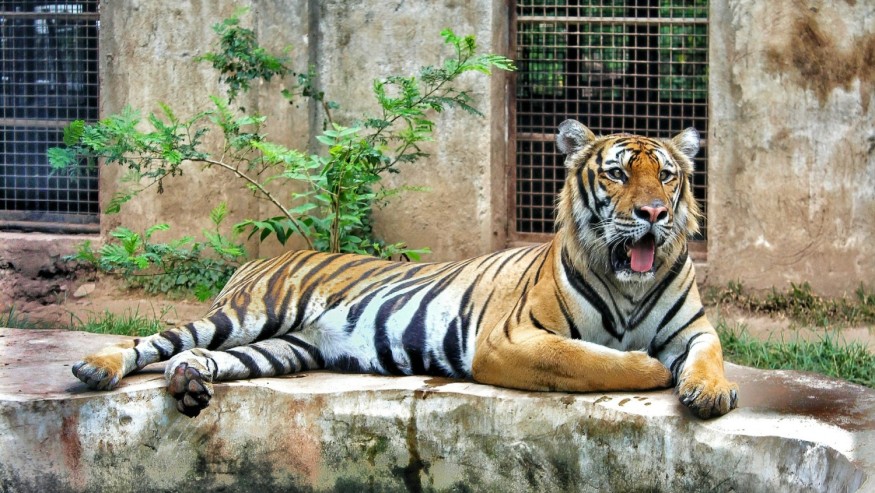Animal captivity, as seen in zoos and other entertainment centers such as aquariums, circuses, and theme parks, have long been an issue surrounding animal ethics. For decades, animal rights and welfare activists have been advocating the release of caged wild animals, some of which still die while in captivity, but to no avail. However, recent developments indicate a progress behind the movement.
This week, the Costa Rica Government announced its final plan to close all of the country's state zoos, as well as its initiative to prohibit caged wild animals. The decision came following 11 years of litigation since the Central American nation in 2013 proposed the animal captivity ban. However, the full enforcement of the animal captivity law was met with mixed opinions and judicial delays.
Animal Captivity Ban in Costa Rica

On Thursday, May 16, the government of Costa Rica announced the continued enforcement of the country's animal captivity ban. Two of its remaining state zoos were set to close on Friday, May 17. The Ministry of Environment and Energy said the its contract with the Funazoo Foundation is due for expiration. The remaining zoos are located within the capital San Jose and the other in its outskirts.
Both facilities were supposed to be closed in 2014 after the animal captivity law was approved to become law. However, several judicial appeals resulted in the delay of the closure for a decade, according to local reports.
Animal Captivity Statistics
Wild animals in public cages include bears, elephants, tigers, and wolves. Based from 2023 statistics on animal captivity, approximately 600,000 birds and mammals are caged in zoos worldwide, according to the World Animal Foundation. In addition, there is weak legal protection for captive animals and 73% of adults support the existence of zoos and aquariums, the foundation says.
Since zoos are different from animal rescue centers, with the latter focusing on conservation rather than entertainment, the animal rights movement often targets zoos and other related businesses mentioned earlier. According to the Animal Legal & Historical Center, current laws lack the foundation when it comes to successfully ensuring the welfare of animals kept in captivity.
Ethical Challenges Facing Zoos
The practice of wild animals, including birds, reptiles, terrestrial mammals, and sea creatures, being caged for public attraction in modern times has met a combination of criticism for years. According to activists and experts, it is unethical to cage animals for their entire lives and away from their natural habitat. Meanwhile, zoo enthusiasts argue that their captivity can help in conservation.
Despite differing opinions regarding animal captivity in zoos, there are still groups that continue to monitor and advocate animal ethics, especially when it comes to caged animals in the zoo and circus industry. For instance, the non-profit organization PETA (People for the Ethical Treatment of Animals) says that it is "determined to get animals out of the entertainment business."
© 2025 NatureWorldNews.com All rights reserved. Do not reproduce without permission.





